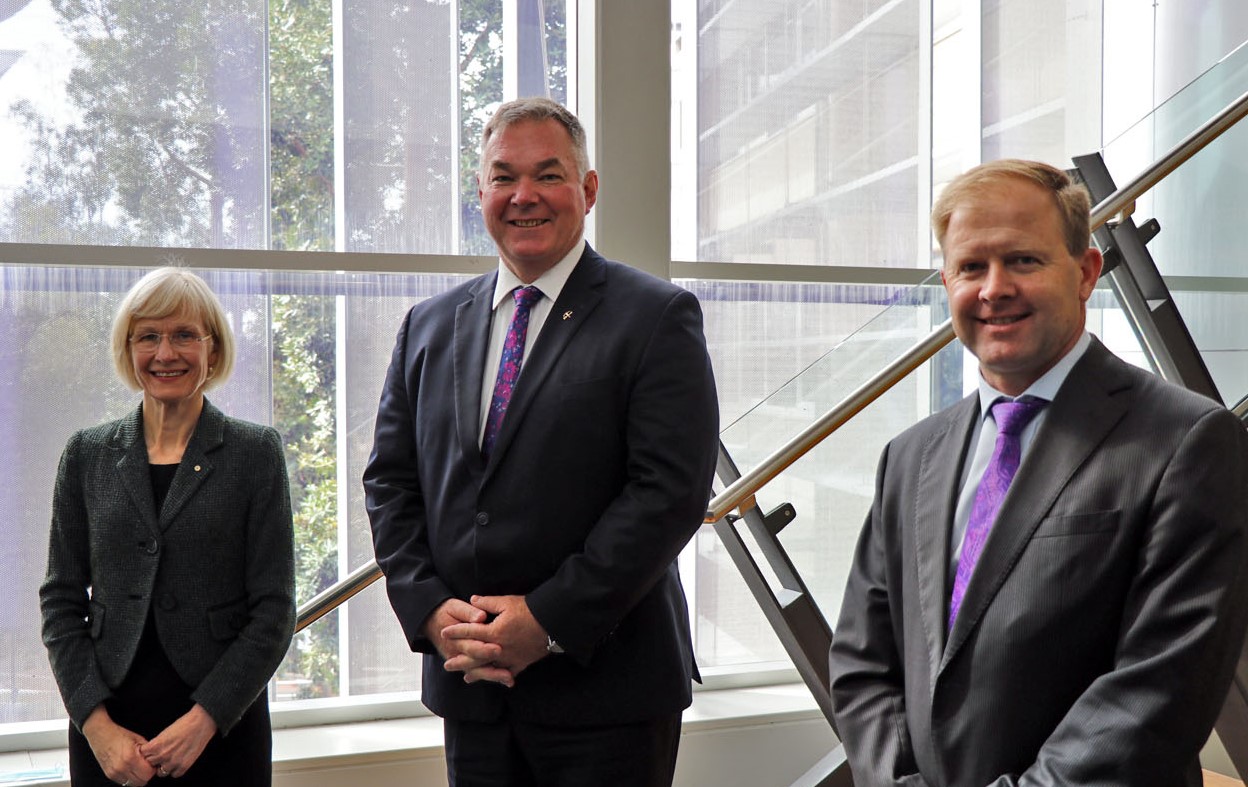
Harvesting plants that can absorb metal from the ground may offer a sustainable solution for mining and rehabilitation according to research underway at the The University of Queensland's (UQ) Sustainable Minerals Institute (SMI).
SMI has teamed up with the Queensland Government to investigate whether plants can reliably produce metals such as cobalt and zinc through a process known as phytomining, where the plants absorb the metals from the ground.
Centre for Mined Land Rehabilitation Director Associate Professor Peter Erskine said the study is investigating if this process, once implemented at a large scale, could be a sustainable option for mining rare metals and the transition from carbon-fuelled mining.
“We’re currently growing plants using metal-rich soil and tailings from around Queensland,” Professor Erskine said.
“Thanks to a previous study conducted by UQ researchers, we know Queensland is home to native plants that have this ability to absorb metal, which are known as hyperaccumulators.
“UQ’s further phytomining research has the potential to unlock a sustainable stream of critical metals, including from mine wastes and tailings, that still hold residual metals of interest.
“So, in effect, phytomining could turn waste into new resources.”
The researchers are confident that the phytomining of nickel could quickly proceed to full-scale production and that the phytomining of cobalt, thallium and selenium are on the horizon.
Queensland Minister for Resources Scott Stewart said the joint study had the potential to shape the state’s mining future.
“Rare earth metals are vital to the global economy with the popularity of renewable technology and electric vehicles continuing to grow,” he said.
“We already know Queensland has rich deposits of minerals like cobalt, copper and vanadium.
“Research like this will help Queensland emerge as a world-leader in extracting and processing these metals, meaning more jobs and investment for all Queenslanders.”
Professor Rick Valenta said phytomining had the potential to help the mining industry address the expected drop in critical metals supply.
“Lithium, cobalt, copper and nickel are going to be increasingly important for society as renewable energy technologies and electric vehicles become more prevalent,” Professor Valenta said.
“But these critical metals are becoming increasingly difficult for the mining industry to access due to environmental, social, governance and technical factors.
“Without supporting alternative methods of extracting these critical metals, the mining industry may find that is unable to keep up with the growing demand for them.
“Phytomining is uniquely suited for that role because it both introduces an abundance of new resources that can be unlocked with less invasive methods and it allows the sourcing of metals from mine waste.”



